
The state of stolen credentials on the Dark Web
Every time there's a major data breach it adds to the pool of stolen details available on the Dark Web, but exactly what is out there?
To find out, ImmuniWeb has been analyzing the quality and quantity of stolen credentials accessible on the Dark Web originating from Fortune 500 companies in 10 different industries around the world.
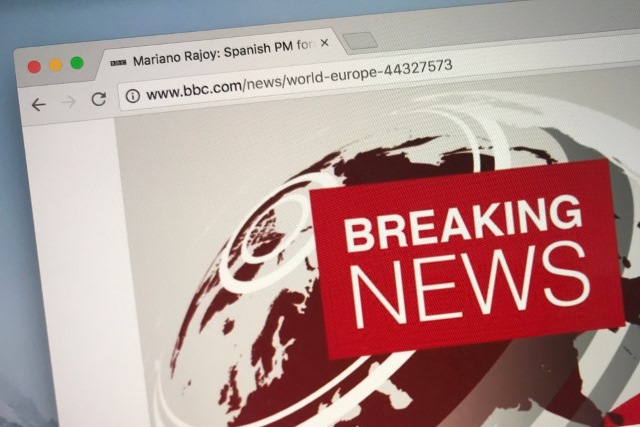
BBC launches censorship-dodging news site on the dark web, accessible through Tor
In an attempt to avoid censorship around the world, the BBC has launched a dark web version of its news portal.
Available on the anonymous Tor network, the BBC's new .onion site aims to sidestep government surveillance and censorship in countries such as China, Iran and Vietnam. It is the international version of BBC News that is being mirrored on the dark web, as well as foreign language services such as BBC Arabic, BBC Persian and BBC Russian.
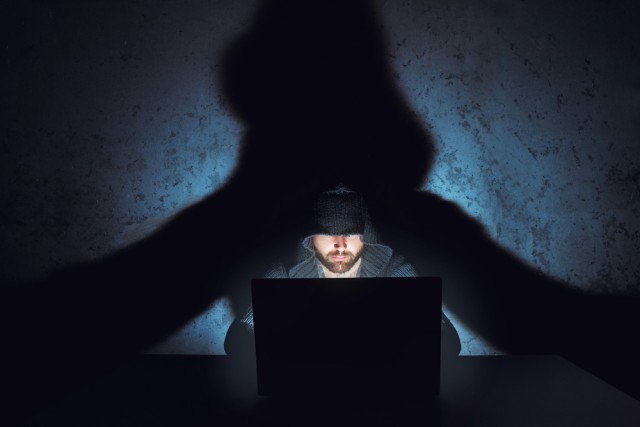
Dark net malware becomes more targeted
The dark net has become a haven for custom-built, targeted malware, with threats tailored to specific industries or organizations outnumbering off-the-shelf varieties by two to one, according to a new study.
The research from application containment company Bromium also finds four in 10 dark net vendors are selling targeted hacking services aimed at FTSE 100 and Fortune 500 businesses.

Shining a light onto the dark web
The dark web is, by its very nature something of an object of mystery. It's easy to think of it as a huge, closed community hidden from the world in dusty corners of the internet. But what's the reality?
Threat intelligence specialist Recorded Future has done some research to try to understand the dark web's true nature.

Dark Web-leaked banking credentials leap 129 percent
A new report into the financial services threat landscape shows that there has been a huge increase in the number of banking credential leaks, while instances of compromised credit cards increased by 212 percent year-on-year.
The report from threat protection platform IntSights reveals many of the leaked credentials came from the Collection #1 database of over 773 million unique email addresses and 21 million unique passwords released onto the Dark Web in January this year.
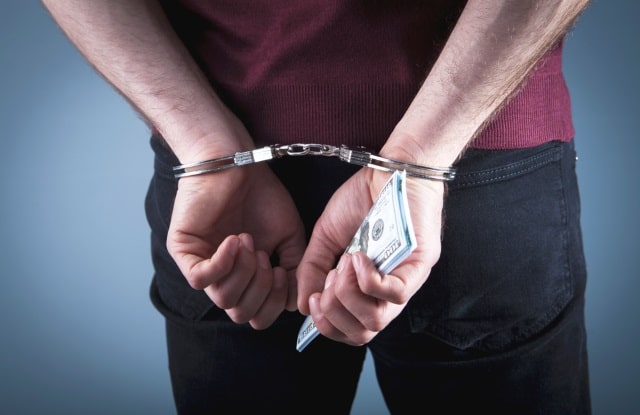
Dread Pirate Roberts 2, the 'guiding mind' of Silk Road 2.0, jailed for over 5 years
Thomas White, the founder of notorious website Silk Road 2.0, has been jailed for five years and four months by a UK court.
White, also known as Dread Pirate Roberts 2, was charged with not only running Silk Road 2.0 -- the site through which he earned hundreds of thousands of dollars per day on the dark web -- but also the possession of hundreds of indecent images of children.

Tax identities up for sale on the dark web
While banking and identity information has been traded on the dark web for a long time, a new report from Carbon Black shows a new focus on tax identities.
The company's research shows previous year's W-2 forms and 1040 forms available on the dark web at relatively low cost, ranging from $1.04 to $52. Names, social security numbers and birthdates can be obtained for a price ranging from $0.19 to $62.
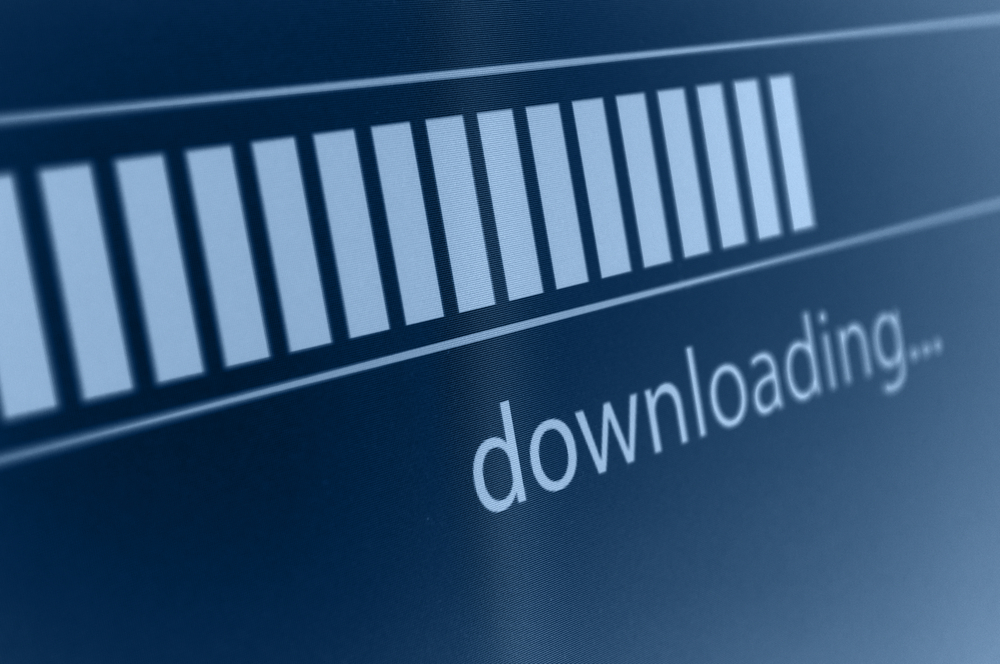
Dark web tags harm website performance and put data at risk
Website tags, small pieces of JavaScript code or small images, are often used to collect information about users. But they can add to load times and if misused can be a security risk too.
A new study from digital governance specialist Crownpeak reveals over 1,700 'dark web' tags found on websites belonging to companies in the Fortune 100, causing a total average website latency of 5.2 seconds.
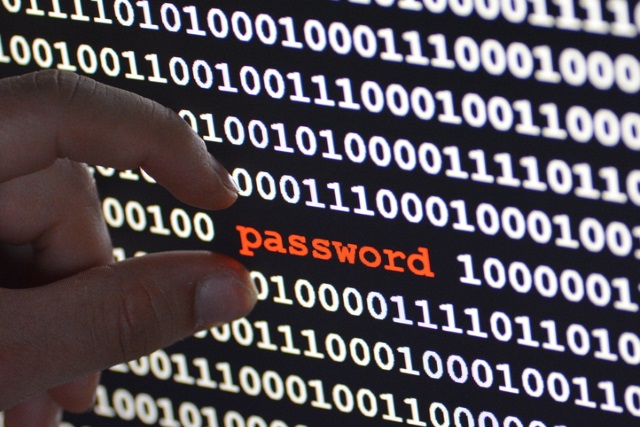
New monitoring tool checks the dark web for stolen credentials
Stolen login details are highly prized by cybercriminals, whether they are used to penetrate corporate networks or to make extortion emails look more convincing.
But often breached companies are slow to let users know their credentials have been stolen. This has begun to change in Europe thanks to GDPR, but in the US there is, as yet, no federal law regulating what companies must do if their users' information is stolen or compromised.
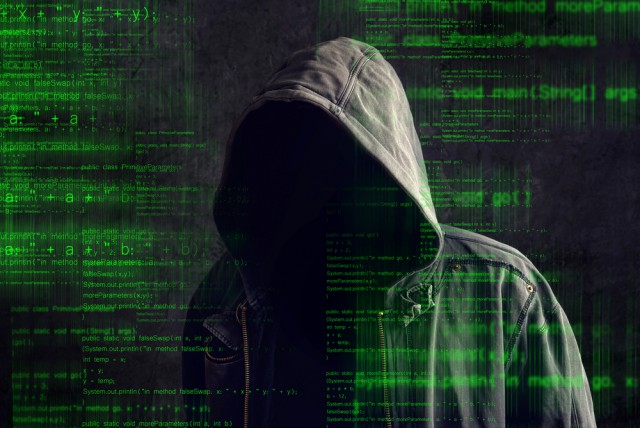
Hackers, geeks and thieves -- analysis of dark web communities reveals varied motives
When we talk about the dark web it's easy to think of it as an amorphous malevolent blob. But new research from Recorded Future reveals some key differences between dark web communities in different parts of the world.
The company's Inskit Group of researchers has actively analyzed underground markets and forums tailored to Russian and Chinese audiences over the past year and has discovered a number of differences in content hosted on forums, as well as differences in forum organization and conduct.
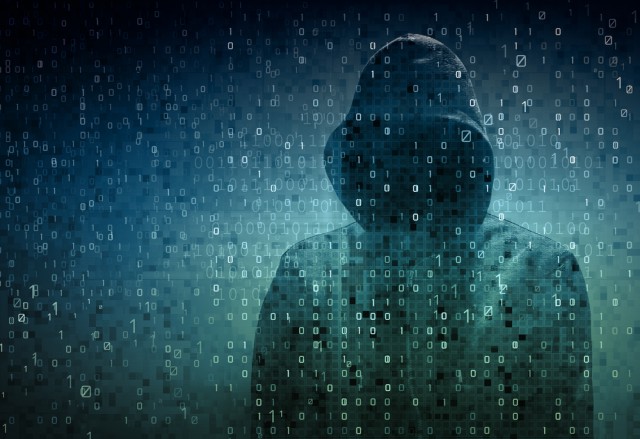
Demand for dark web malware exceeds supply
Malware writers have been using a free market model to sell their wares for some time. The success of this approach is clear from new research by Positive Technologies that finds demand for malware creation on the dark web is three times greater than supply.
Demand for malware distribution is twice the supply. This mismatch of supply and demand has led to interest among criminals in new tools, which are becoming more readily available in the form of partner programs that include malware-as-a-service and malware distribution-for-hire.

In trying to clean up the dark web, Amber Rudd wants to throw money at the unpoliceable
The UK government is no stranger to confused attempts to try to control the internet. After voicing a desire to "combat" end-to-end encryption -- despite not understanding it -- and unveiling an AI system to counter terrorist content online, Home Secretary Amber Rudd now has the dark web as her next target.
Rudd has pledged to spend £9 million (around $12.7 million) to "clean up the dark web" and cut down on cybercrime. It's a move that has been criticized for not only being politically motivated, but also being misguided and hugely underfunded.

New API sheds light on the dark web
Gaining threat intelligence from the dark web can be a difficult task for security providers due to its unstructured nature.
Similarly, when data breaches occur, companies often face the problem of knowing exactly which data has been exposed on underground marketplaces.
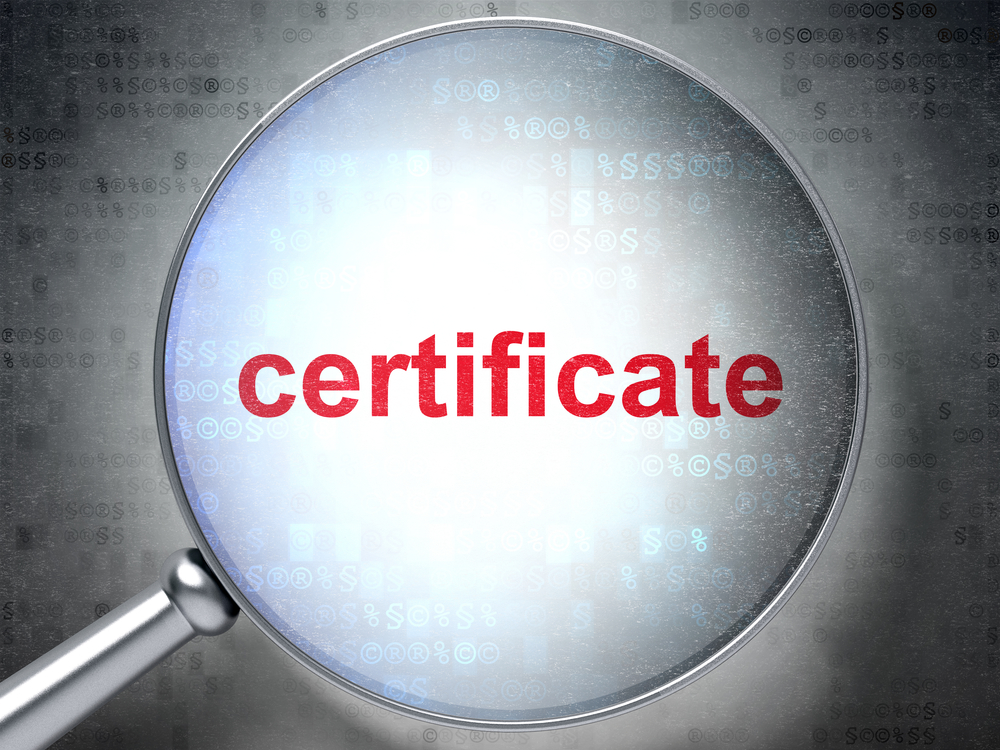
Illicit code signing certificates worth more than passports on the dark web
Code signing certificates are used to verify the authenticity and integrity of software and are a vital element of internet and enterprise security. By taking advantage of compromised code signing certificates, cybercriminals can install malware on enterprise networks and consumer devices.
A study for machine identity protection company Venafi by the Cyber Security Research Institute shows that digital code signing certificates are changing hands on the dark web for up to $1,200, making them worth more than credit cards, counterfeit US passports and even handguns.
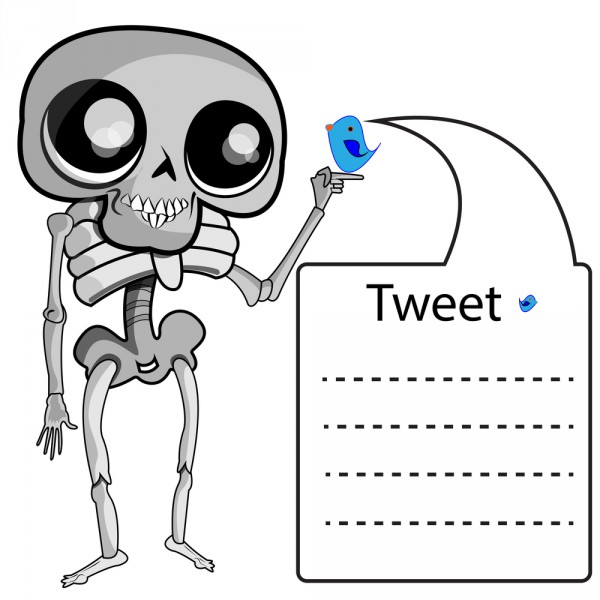
Twitter proves better than the Dark Web for assessing vulnerability risk
The latest report from risk management and cyber security company Nopsec looks at the use of social media in risk analysis.
Twitter in particular seems to be becoming the go-to resource for security researchers and attackers looking to disseminate proof-of-concept exploits.
